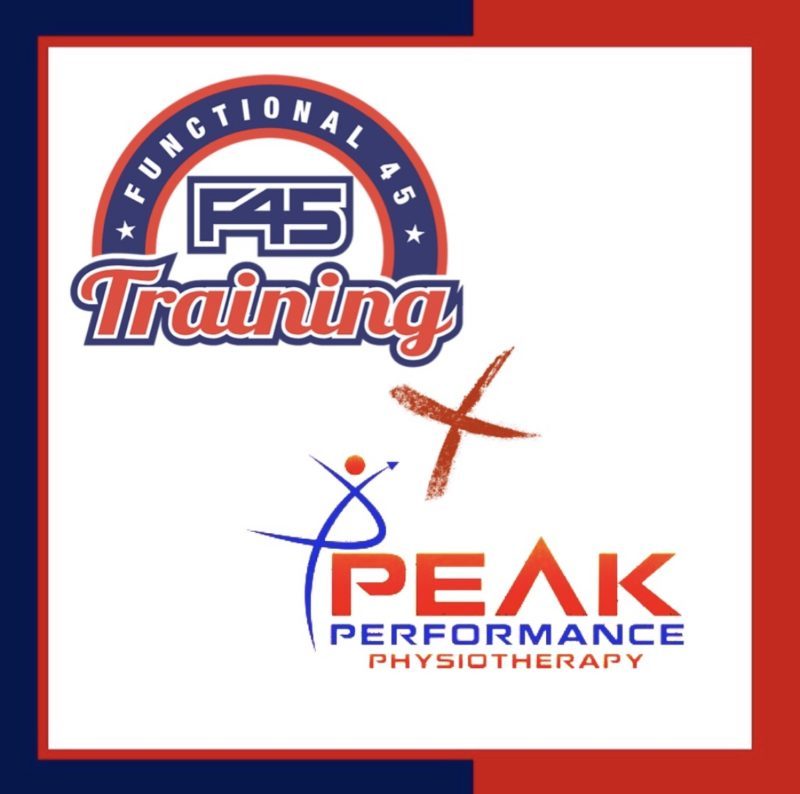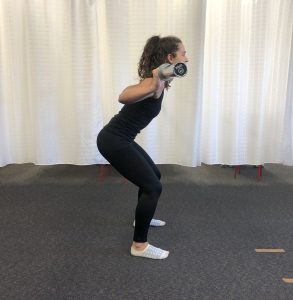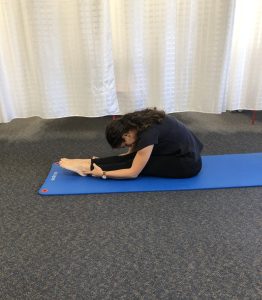It is with great pleasure to be able to assist F45 members on their quest to take on the 8-week challenge coming up at the end of July!
Have you ever woken up with either a lack of, or poor quality of sleep? How did you feel the next day?
Sleep is not only an essential part of recovery, but improves cognitive function. It allows our body to repair and refresh itself. According to the National Sleep Foundation, an average of 7-9 hours of sleep is required for people to operate at their best the next day. Instead, most of us will either experience (i) Partially disturbed sleep-wake cycle, OR (ii) Sleep loss/ sleep deprivation.
As we sleep, we balance out our ‘sympathetic system’ (which prepares the body for physical activity) and ‘parasympathetic system’ (rest and digest function). If your sleep is partially disturbed or deprived, it can lead to the same effect as ‘over-training’. This means your performance will decrease due to compromised immunity, excessive fatigue, increased perceived exertion, loss of appetite and irritability. Therefore, increasing the likelihood of injury.
F45 training is a form of high intensity training hence the demands placed on your cognitive function is imperative to ensure you maintain great technique and safely perform your exercises. Sleeping LESS than 7hrs per night can affect your reaction time, alertness, memory and decision making in turn impacting the overall outcome of your work out.
- Schedule your training sessions for the week so you allow for optimal recovery time
- Maintain a regular time to go bed, and wake-up for that particular day (e.g. Every Monday sleep at 9:30pm. Tuesdays at 10:30pm). Taking into consideration your commitments to family/friends/work.
- Ensure your environment is dark and quiet when sleeping
- Avoid caffeinated drinks 5hrs prior to sleep
- Avoid light-emitting technology 2hrs prior to sleep (e.g. Phone, TV)
Give this a try leading up to the 8-week challenge. This gives you the opportunity to make any adjustments to ensure you perform at your best and achieve great results!
Feel free to contact us via Instagram(@peakperformancephysiotherapy) or in the clinic (8544 1397) if you have any questions.
Bonnar, D., et al. (2018). “Sleep Interventions Designed to Improve Athletic Performance and Recovery: A Systematic Review of Current Approaches.” Sports Medicine 48 (3): 683-703.




